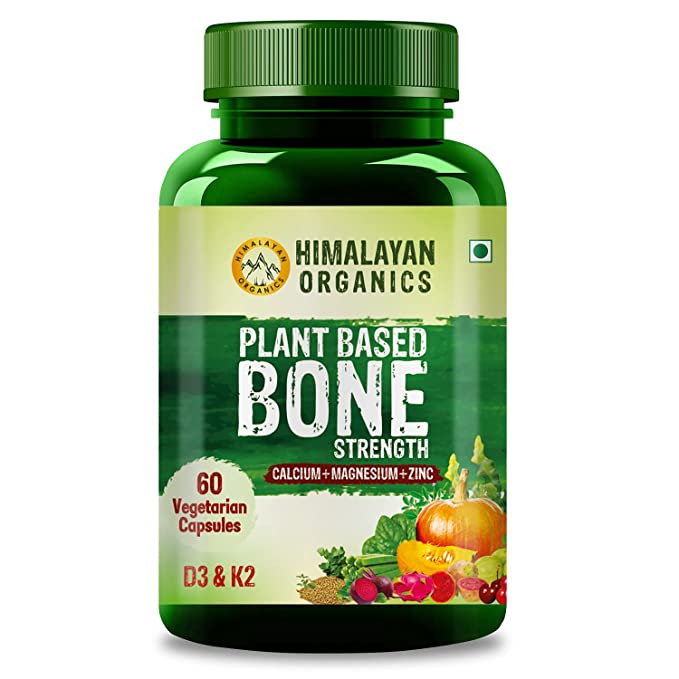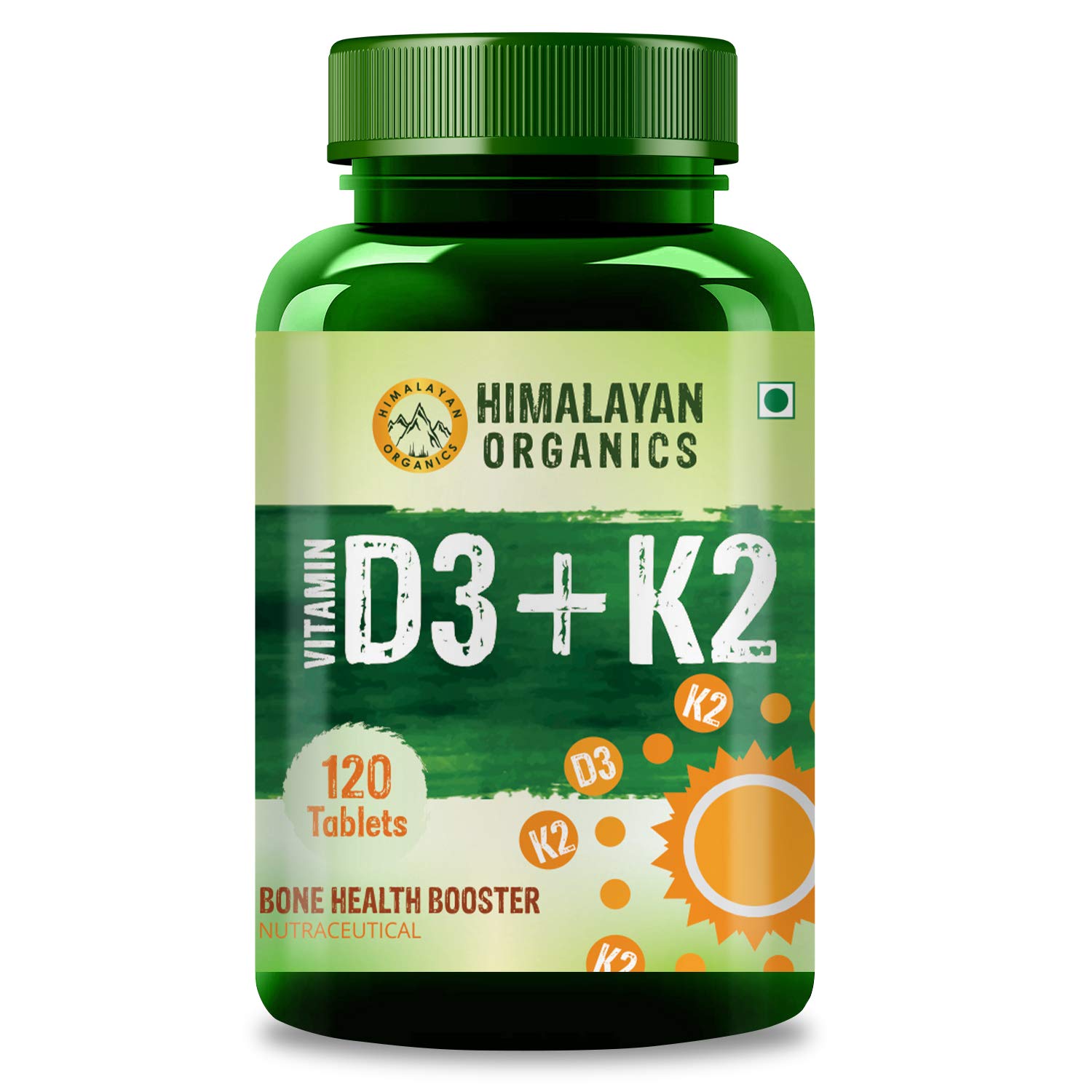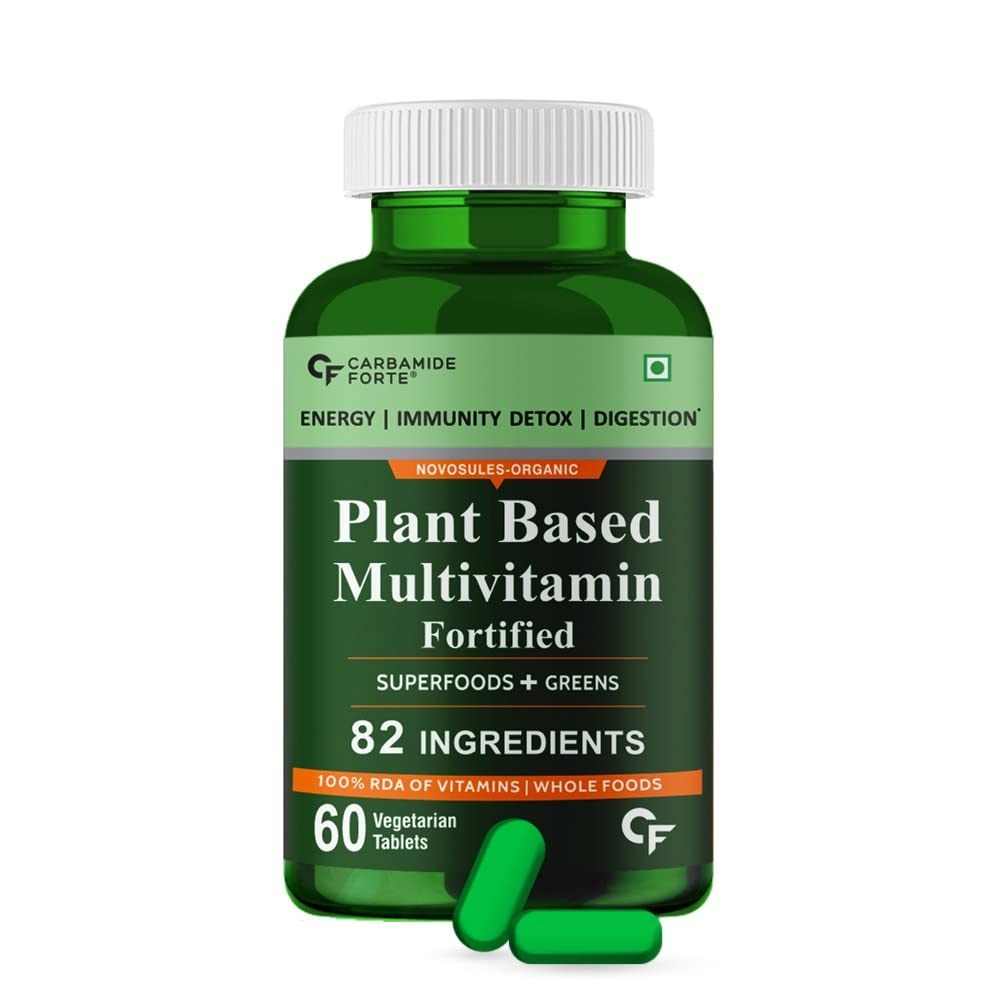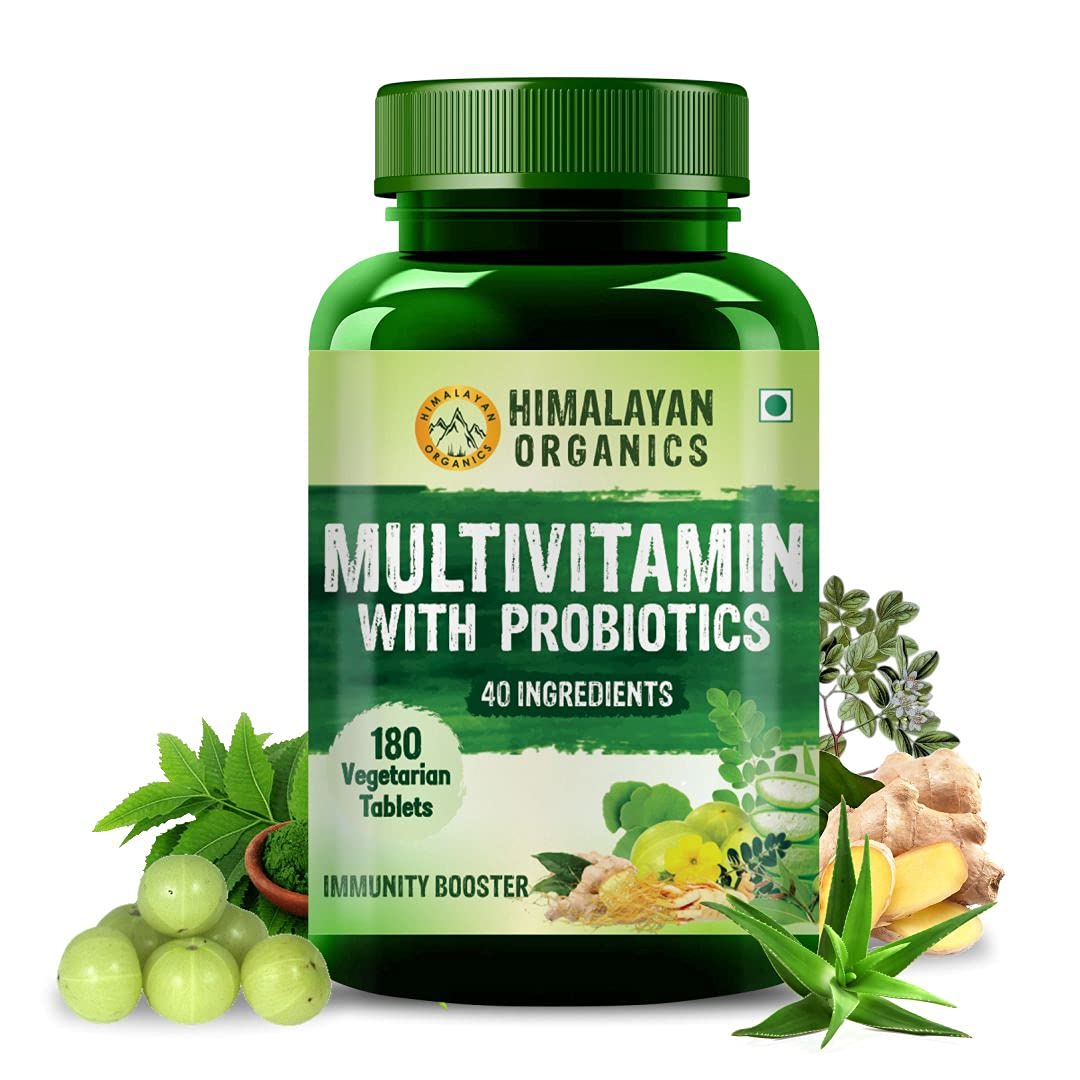Vitamin K2
Micronutrient
Last update date: October 11, 2023
Prevents bleeding in people with blood clotting problems or too little vitamin K in the body.
Frequently Asked Questions
1.
What is vitamin K?
Vitamin K is a fat-soluble vitamin that plays a vital role in blood clotting and bone health. It exists in two forms: vitamin K1 (phylloquinone) found in plant foods, and vitamin K2 (menaquinone) synthesized by gut bacteria and found in animal-based and fermented foods.
2.
What is positive impact of vitamin K?
Blood clotting: Vitamin K is vital for blood clotting, preventing excessive bleeding and aiding in wound healing. Bone health: Vitamin K supports bone health, reducing the risk of fractures and osteoporosis by aiding in bone metabolism. Heart health: Vitamin K may promote cardiovascular health by preventing arterial calcification. Brain function: Vitamin K may support cognitive function and promote brain health. Skin health: Vitamin K aids in maintaining healthy skin through protein synthesis.
3.
What is negative impact of vitamin K?
Excessive intake of vitamin K supplements can interfere with certain blood-thinning medications, so caution should be exercised in such cases. Very high doses of vitamin K may lead to anemia or liver damage, although this is rare and typically occurs in specific medical conditions.
4.
Who should avoid vitamin K?
Individuals on blood-thinning medications or with blood clotting disorders should consult their healthcare provider before taking vitamin K supplements. Pregnant or breastfeeding women should follow the recommended dietary intake of vitamin K and consult their healthcare provider if considering supplementation.
5.
What are common sources of vitamin K?
Leafy green vegetables like kale, spinach, and broccoli. Brussels sprouts, asparagus, and oils like soybean and canola oil are great sources of Vitamin K1. Fermented soybean, cheese, egg yolk, meat and sauerkraut are excellent sources of vitamin K2. Vitamin K can also be produced by the gut bacteria in the body.
6.
Which are symtoms of vitamin K deficiency?
Deficiency of vitamin K can lead to impaired blood clotting, increased bleeding tendencies, and a higher risk of fractures. Symptoms of deficiency may include easy bruising, nosebleeds, heavy menstrual bleeding, and prolonged bleeding from wounds. Newborns are particularly susceptible to vitamin K deficiency, and vitamin K injections are commonly administered to prevent potential bleeding disorders.

















